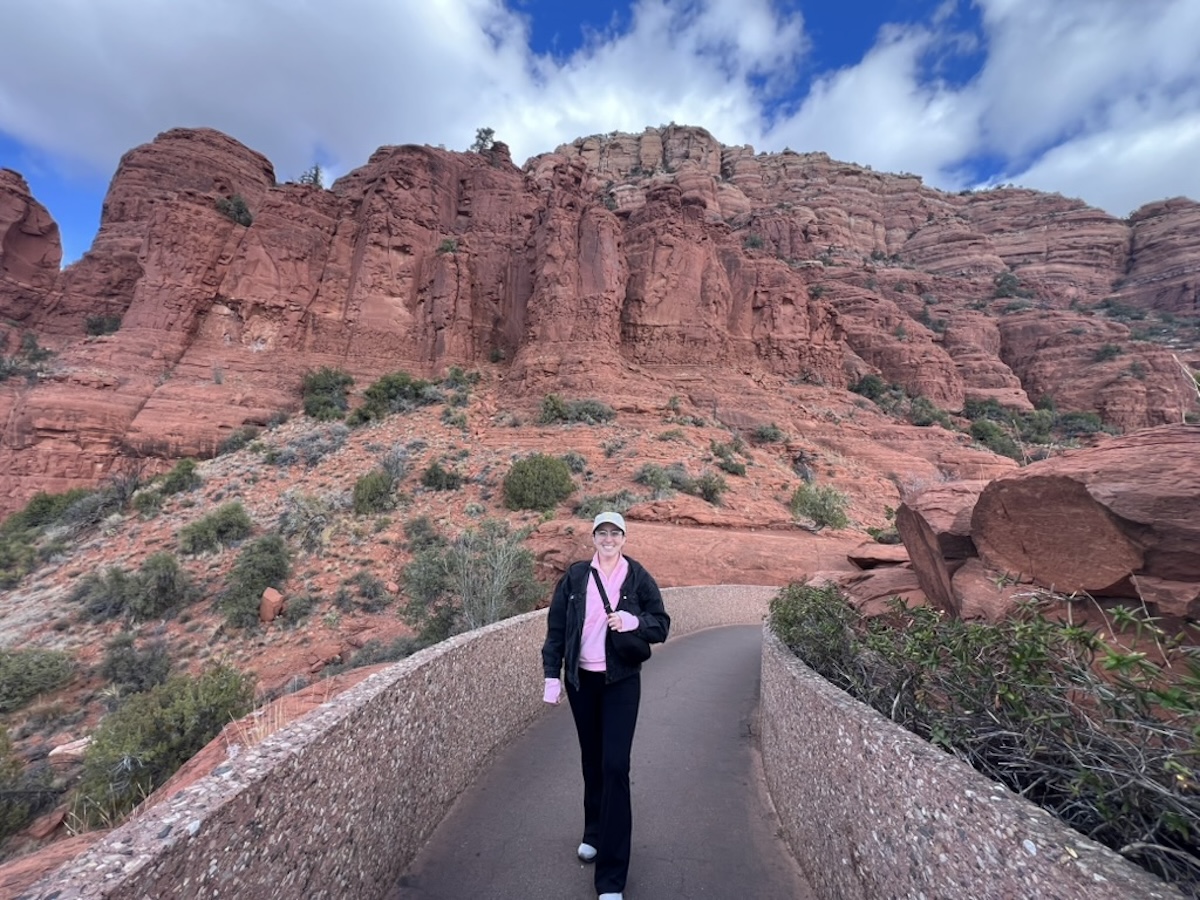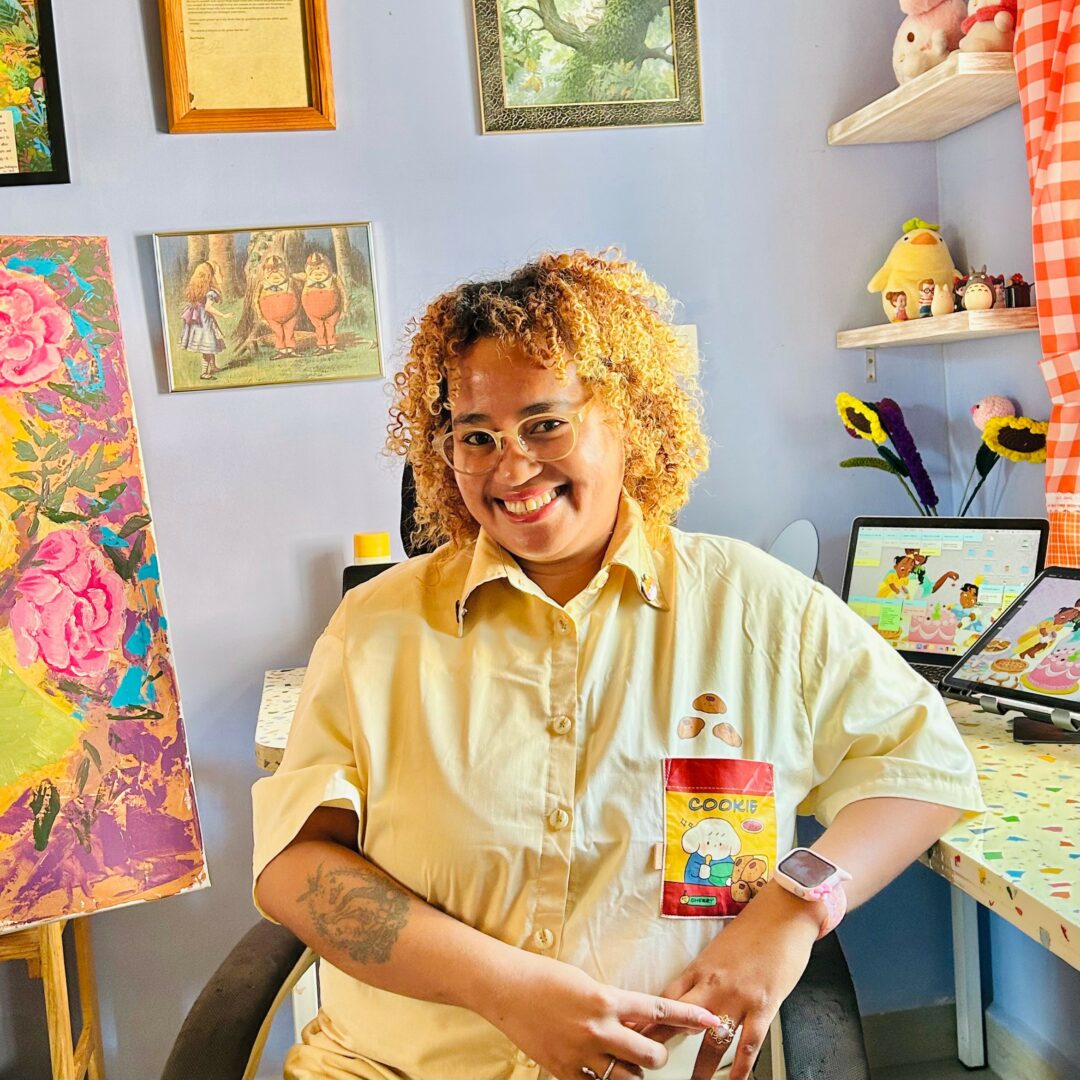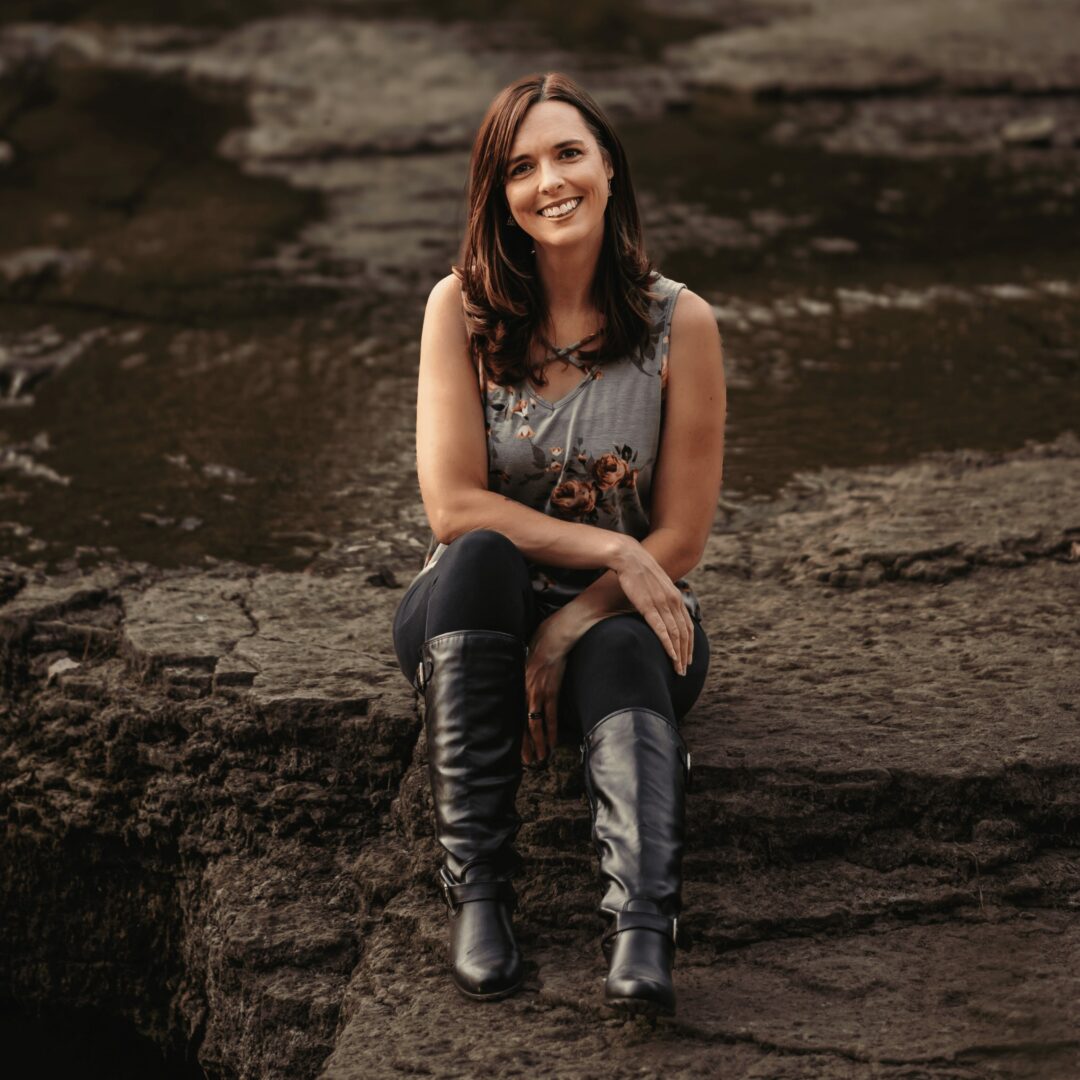We were lucky to catch up with Janice St. Onge recently and have shared our conversation below.
Janice, so many exciting things to discuss, we can’t wait. Thanks for joining us and we appreciate you sharing your wisdom with our readers. So, maybe we can start by discussing optimism and where your optimism comes from?
Optimism feels like a state of mind to me. For me it’s not a permanent state of mind, but one that resides with me more often than not. With all the crazy things going on in this country, this world right now, of course I have moments where pessimism can take over. But it doesn’t last that long.
Where does my optimism come from? Through lived experience, family and strong friendships. 60 years on this earth means I’ve seen a lot of good, bad and the ugly. What I’ve found is that you get what you give. If you give kindness, you get kindness. If you give love, you get love.
My Dad was an optimist. He passed during COVID, at 93. Up until the day he passed, he was still optimistic that he had one more ski season left in him, one more motorcycle ride in him. Now maybe that was the dementia talking, but somehow, I don’t think so! My Mom is an optimist. Still living on her own at 92, driving her car, walking every day when the weather’s good, and keeping company with woman friends younger than her. She is such a good listener. She is a believer in the inherent kindness of others. While I didn’t use that word “optimist’ growing up, I was always conscious of the way my parents talked to each other, saw how they truly listened to others, and always saw the best in people. They built longtime friendships that carried them through good times and hard times.
Being optimistic is important in my line of work, impact investing. Optimism helps me see the opportunities that the entrepreneurs we invest in have for making real and positive change. You have to believe in an entrepreneur’s vision, and their skills, in order to take the risk of putting capital to work in their business. You have to see the possibility of change, but recognize that change doesn’t come easy, and sometimes things don’t work out. And when that happens, optimism can help you see it as a learning experience, rather than a failure.
Appreciate the insights and wisdom. Before we dig deeper and ask you about the skills that matter and more, maybe you can tell our readers about yourself?
I’m President of the Flexible Capital Fund, L3C (“Flex Fund”), an impact-focused, Community Development Financial Institution fund, providing risk capital (revenue-based financing, subordinated debt and equity) to New England food system, forestry and clean energy businesses. I manage all facets of the Flex Fund’s operations, including raising capital, deal flow, due diligence, and portfolio / financial management. Right now, the Flex Fund is raising $15 million to expand our reach from Vermont to all of New England, so we can continue to invest in companies building health food systems and mitigating climate change.
I’m came into this work sideways after a series of roles in the ski industry, banking, small business and higher education. Every step, while not necessarily intentional, led me to my current work in impact investing. In the end, I’ve learned over the last 40 years, it comes down to relationships – making new ones, keeping existing ones, and being open to those people who are different than you and bring a perspective well beyond what you have. I’m a work in progress and want to keep finding ways to be of service to others by learning. I was a fellow of the Just Economy Institute in 2018-19, a program supporting financial activists who are shifting the flow of capital and power to solve social and environmental problems. And, I’m part of the Vermont and Northern New England Women’s Investors Network, seeking to empower and support women no matter their path, life experiences or relationships, to discover and achieve their economic goals in alignment with their values
If you had to pick three qualities that are most important to develop, which three would you say matter most?
I would say that three of the skills that I’ve developed (and continue to develop) that have been the most impactful include listening, empathy, and a sense of humor, not necessarily in any order. I think listening is a skill that takes time and conscious effort to improve, as our tendency as humans is to want to get our point across or have the last word. Listening gets better when it’s combined with empathy, as we never truly know what someone else is going through or has been through in the past. The more we empathize without judgement, and listen, the better we might know what is happening in a particular person’s life and can be better prepared to help them. And, sometimes, when all else fails, a sense of humor can help alleviate tension and avoid conflict. Sometimes I take myself too seriously and when I can laugh at the situation, or what I may have done, it lightens my load. In the end, how we treat each other matters – in business, in play, in friendship and in family. If we all listened a little more, empathized a little more, this world might be a kinder place.
Thanks so much for sharing all these insights with us today. Before we go, is there a book that’s played in important role in your development?
I stumbled upon a book called Mutant Message Down Under by Marlo Morgan when I was in between books. Akin to Ishmael by Daniel Quinn, Mutant Message has a spiritual element to it and weaves a story of one woman’s journey with an aboriginal tribe who sees how people are destroying the planet, and feels they are no longer relevant in this modern world. The protagonist travels on walkabout with the tribe and they ask her to tell their story. She discovers through the Real People tribe that we are all part of the same universal oneness. Whatever we do to ourselves, we do to others. I read this book around the height of COVID and this message that we are all connected really hit home. During COVID, we wore masks not only to protect ourselves, but to protect others. And, a virus that originated in a country very far from where I lived, had shut down our country, my state, my town overnight. The book culminated in a message from the tribe that it’s not too late to save this planet from destruction. But we all need to acknowledge that universe is interconnected in a way that is beyond the physical and that we are all connected on a deeper level.
Contact Info:
- Website: www.flexiblecapitalfund.com
- Instagram: https://www.instagram.com/janiceonge/
- Linkedin: https://www.linkedin.com/in/janice-st-onge-she-her-7b43bb8/






Image Credits
Isadora Lithgow Erica Houskeeper




